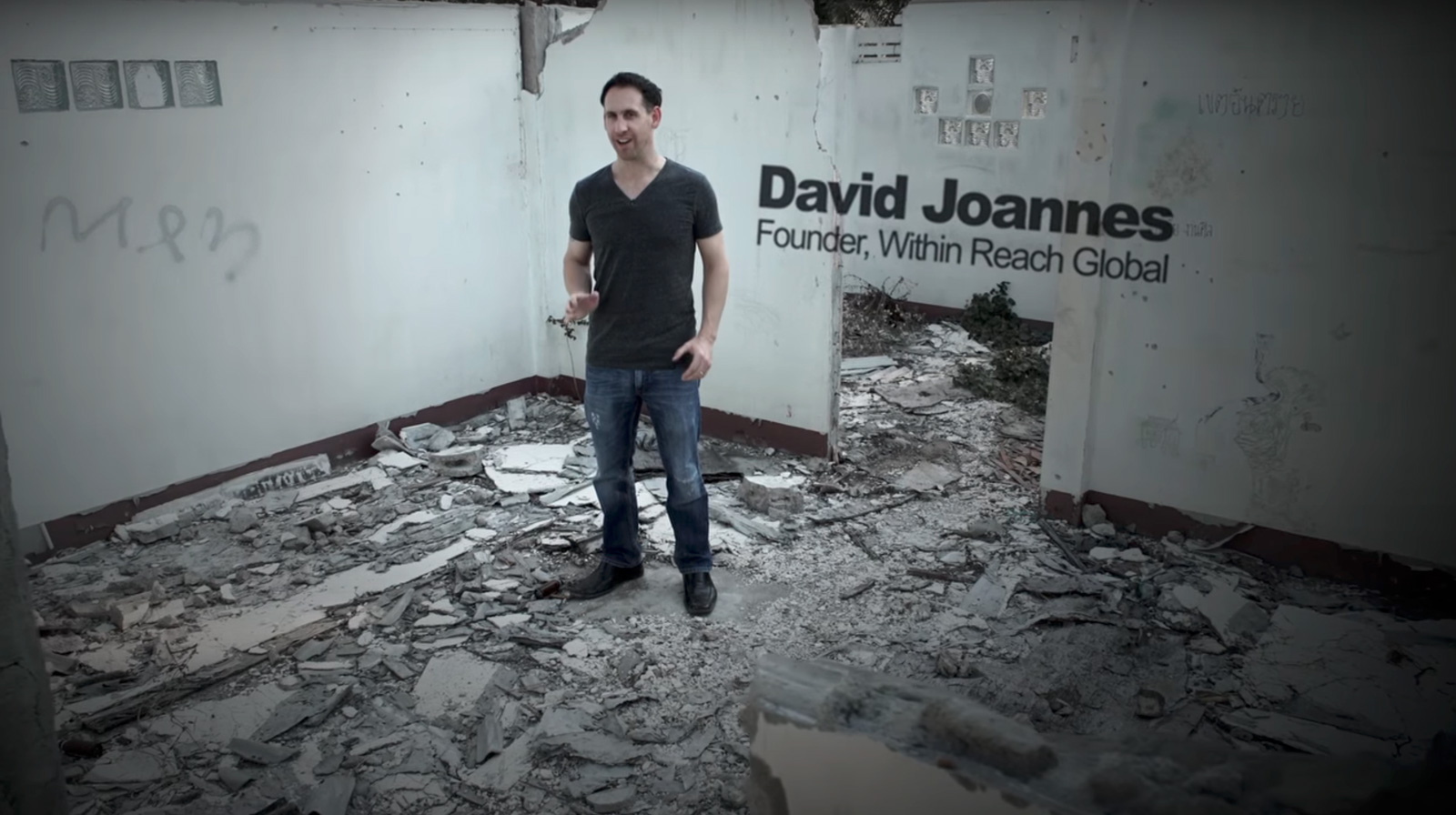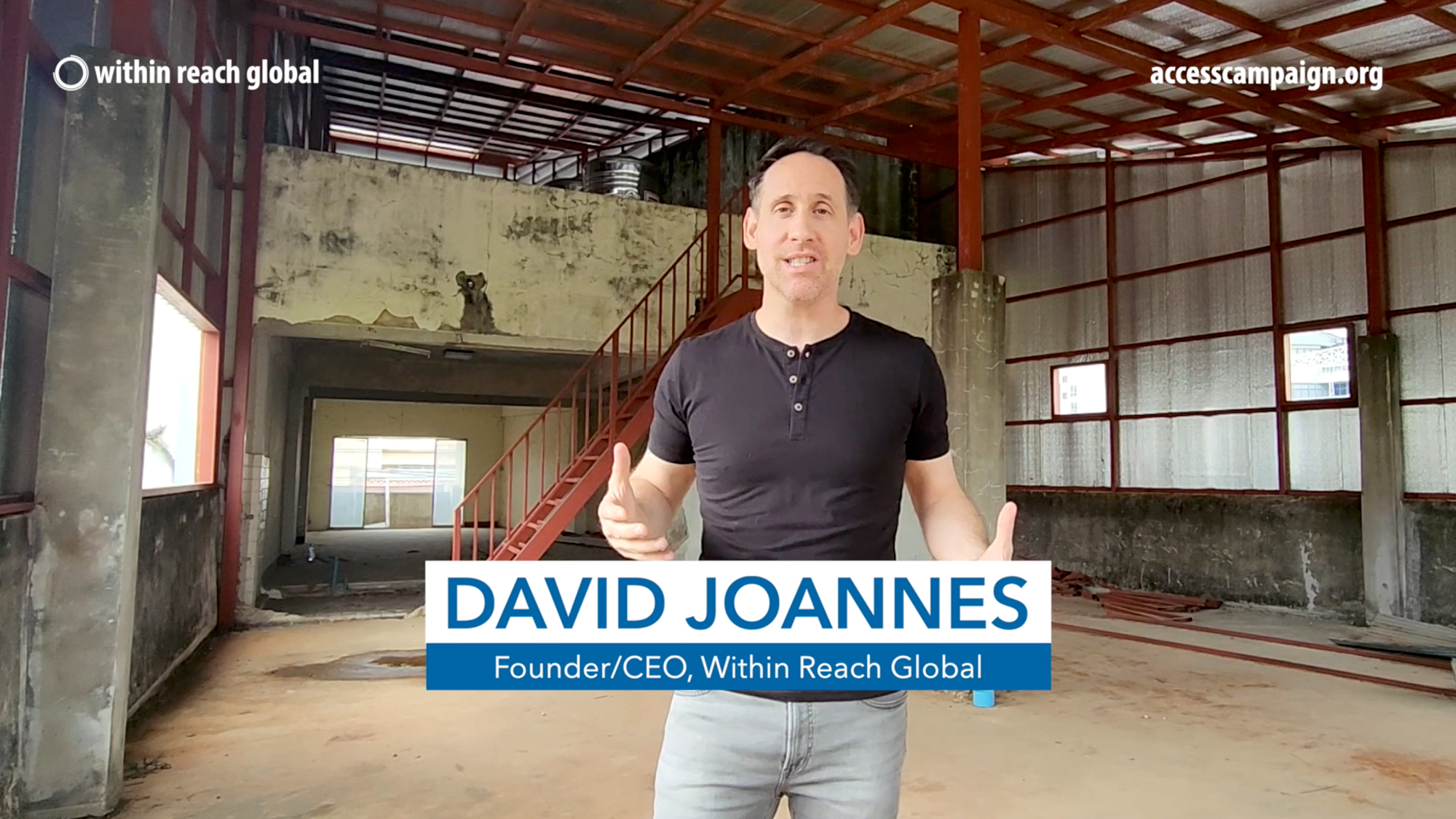Why the unreached?
Because people who live in gospel dead zones—places without access to the message of Jesus Christ—wait at the other end of our obedience.
The reality of the unreached
Approximately 2 out of 5 people in our world have never heard of the gospel of Jesus Christ.
They have never seen a missionary. There are zero to no Christians among them. They have no churches. Christian radio broadcasts don’t air among them. They are deprived of the gospel because Christ’s followers rarely bring Jesus’ message to them.
Comprising nearly 2.9 billion people, they are the unreached people who live in the 10/40 Window.
What is the 10/40 Window?
The 10/40 Window is a rectangular-shaped area on our globe extending from West Africa to East Asia, from 10 degrees to 40 degrees north of the equator.
Nearly 4 billion people live here, including more than 80 percent of the world’s poorest of the poor. Nearly 2 billion in the 10/40 Window have never had the chance to hear the gospel of Jesus Christ—not even once.
This window also encompasses the majority of the world’s Muslims, Hindus, Buddhists, and animists.
The great imbalance of global missions
Most missionaries go to or are sent to reached areas of the earth—regions where the Church already exists and the name of Jesus is known. On the flip side, there are very few missionaries working among the remaining unreached people groups within the 10/40 Window.
The Church has more than enough resources to reach the unreached and fulfill the Great Commission. Sadly, we have overlooked the plight of the gospel-deprived. The result is millions of people still waiting for their first imprint of gospel hope.
More about unreached and unengaged people groups
- In AD 100, there were 360 people for every believer. Now there are 7.3 people for every believer. (Winter et al., 1)
- In AD 100, there were 12 unreached people groups for every congregation of believers. Now there is one unreached people group for every 1000 congregations. (Winter et al., 3)
- 90% of foreign missionaries work among already-reached people groups. 10% work among unreached people groups. (Winter and Koch, 543)
- Despite Christ’s command to evangelize, 67% of all humans from AD 30 to the present day have never even heard the name of Jesus Christ. (Baxter 2007, 12)
- 91% of all Christian outreach/evangelism does not target non-Christians but targets other Christians. (Baxter 2007, 12)
- In the last 40 years, over 1 billion people have died who have never heard of Jesus, and around 30 million people this year will perish without hearing the message of salvation. (Baxter 2007, 12)
- 70,000+ people die every day in the unreached world without Jesus. (Baxter 2007, 12)
- Of foreign mission funding: 87% goes for work among those already Christian. 12% for work among already evangelized but Non-Christian. 1% for work among the unevangelized and unreached people. (Baxter 2007, 12)
- Christians make up 33% of the world’s population but receive 53% of the world’s annual income and spend 98% of it on themselves. (Barrett and Johnson 2001, 656)
- Out of 648 million evangelical Christians, 70% have never been told about the 1.6 billion unevangelized individuals in the world. (World Evangelization Research Center)
- For more sobering statistics on the unreached, click here.
Matthew 24:14: “And this gospel of the kingdom will be proclaimed throughout the whole world as a testimony to all nations, and then the end will come.” The Greek phrase for “all nations” is “panta ta ethne” which refers to all of the ethnicities or people groups of the world. We believe that Jesus was very clear in stating that his gospel would be preached to all nations / ethne / people groups before he would return. Therefore the simple, yet major goal of global missions is to join with what God is already at work doing, making known the good news to every people group in order to fulfill the words of Christ and see his return.
Revelation 7:9: “After this I looked, and behold, a great multitude that no one could number, from every nation, from all tribes and peoples and languages, standing before the throne and before the Lamb, clothed in white robes, with palm branches in their hands.” The apostle John gives us a glimpse of what worship in heaven will look like. The Bible has made it very clear that God will not be satisfied until there are people from every people group represented in heaven.
Need more scriptures about the unreached? See 500 passages about God’s heart for the nations.
Most missions organizations have narrowed their focus toward large unreached people groups (populations of 25,000 and above). The reason is simple: it takes a lot of manpower and resources to create impact and see church planting movements happen, so a focus on reaching larger unreached people groups naturally sees bigger results. Sadly, however, thousands of smaller people groups (populations of 25,000 and below) are being overlooked and are still unengaged. So why focus on small unreached people groups? One major reason is that there are more small people groups than there are large people groups. At Within Reach Global, we are trailblazers and pioneers. It thrills us to fill in the gaps of the mission community, going to small unreached people groups that larger organizations cannot or will not target. Some of the ethnic people groups we target have a population of less than 2,000 people. We cannot imagine them slipping through the cracks of evangelistic efforts without a fight. We long to see the beauty of God’s creation as represented through every single unique tribe surrounding the throne in heaven, bringing their own style of worship to their Maker.
An unreached people group is an identifiable group of people distinguished by a distinct culture, language, or social class who lack a community of Christians able to evangelize the rest of the people group without outside help. The only opportunity for the people group to hear about salvation is through an “external witness.” Most missiologists consider 2% of the population becoming Christ followers as the “tipping point” at which the group is generally considered “reached” with the gospel. Check out this video for a more detailed look.
An unreached people group is unengaged when there is no church planting strategy consistent with Evangelical faith and practice under implementation. There is no church, no missionary, no mission agency, no one who has yet taken responsibility to tell them about Jesus Christ. In this respect, a people group is not engaged when it has been merely adopted, is the object of focused prayer, or is part of an advocacy strategy.
What are we doing to change the situation?
Knowing that a lack of gospel access is the greatest injustice known to humankind, we seek to reverse the great imbalance of global missions by taking the gospel of Jesus Christ to unreached people groups. We accomplish this task through a proven strategy with more than two-and-a-half decades of life-changing results.

This campaign funds Within Reach Global’s evangelism, discipleship, and church planting efforts among unreached communities in Thailand and its surrounding nations, enabling us to multiply missionaries and locally-led church planting movements.
Core Ministries
Through our four core ministries—Compassion Ministries, Evangelism, Discipleship, and Church Planting—we focus solely on unreached people by empowering indigenous leaders to reach their own communities with the gospel of Jesus Christ.
Discipleship Equipping Path
After years of honing our discipleship curriculum, we created a Discipleship Equipping Path to empower local leaders to grow in their relationship with God, develop leadership skills, and reach their communities for Jesus.
Outreach Centers
Our outreach centers are located in China, Myanmar, and Thailand. These centers serve to establish a gospel beachhead and plant local churches among unreached people.
Indigenous Missionaries
The end result of all our ministry efforts is raising indigenous leaders who will reach their communities for Christ. We strongly believe in empowering local Christians to take the message of hope to their own people.




